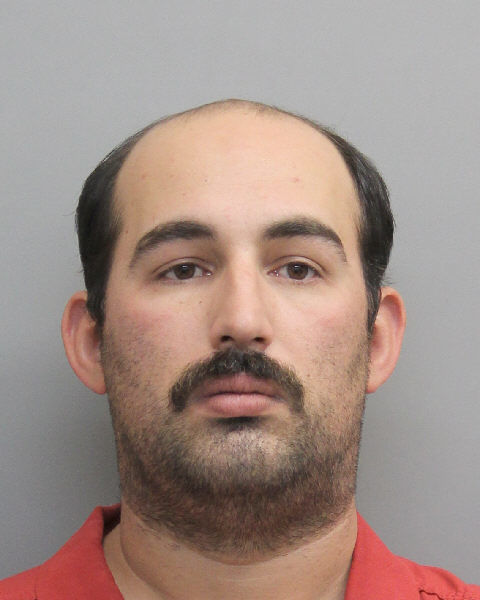
Simple Thing You Can Do to Help Stay Well
December 3, 2018
Suspect arrested for brandishing gun in road rage incident
December 4, 2018If you live in PoV Country and your family name is French, chances are that you have Acadian ancestors and that you are certifiably Cajun. And if you’re Cajun, then you have a very special reason to celebrate Christmas every year. And it’s not just the gumbo.
Cajuns in Lafourche and Terrebonne Parishes have a history unique from distant relatives who were settled in the prairies of southwest Louisiana. “Prairie” Cajuns have Acadian ancestors who were landed after the 1755 exile at various locations along the Atlantic seaboard of North America before coming to Louisiana. The Acadian ancestors of us “Wetlands” Cajuns were also settled along the Atlantic seaboard but of a different continent. When our ancestors were forced to leave Acadie and before arriving in Louisiana, they attempted resettlement in the mother country—France.
The mother country, however, proved very unmotherly to our ancestors, and by 1785 they were lured from miserable settlement conditions in coastal French villages by an opportunity afforded by the Spanish territorial government of Louisiana to settle in the territory. It was in that year that 1600 Acadian refugees left the French port cities of Nantes and St. Malo en route to New Orleans on the famous “Seven Ships”—Le Bon Papa, La Bergere, Le Beaumont, Le Saint-Remi, L’Amitie, La Ville d’Archangel, and La Caroline.
Between July and December 1785, the ships landed in sequence at New Orleans. Upon arrival, the exiles were routinely housed for about a month on the riverfront to receive medical care and food and to recover from the arduous trans-Atlantic journey. After a month, the families of each of the ships were settled along riparian lands established by the Spanish. The majority of families were settled in the Lafourche Valley, including lands along both upper Bayou Lafourche and upper Bayou Terrebonne. They were the first settlers of the bayou wilderness.
Landings of the seven ships represent the largest single migration of Acadian exiles to Louisiana—and they were more than that. They also represent the final major migration of Acadians to Louisiana. With the last ship, La Caroline, landing in New Orleans on December 17th, all Acadian families headed for Louisiana had finally arrived. Thus, Acadie had been re-established in Louisiana by Christmas 1785.
But did our wilderness ancestors celebrate Christmas? And how? The Acadians were certainly Christian and Catholic with knowledge of the catechism and the calendar, and we know a few traditions from Acadie that they could have carried over and practiced—even on the bayou frontier. According to the always observant British soldiers stationed in Acadie, Acadians liked to sing. And so as new bayou settlers, perhaps families walked along the bayous to some common location to gather for prayer and singing on Christmas Eve. They would have lots of timber to burn from land-clearing, and so perhaps they congregated around a huge bonfire, and perhaps they did so at midnight to emulate the moment of traditional Midnight Mass. Afterwards, perhaps they partied in a traditional réveillon with the foods they could gather and otherwise make. According to tradition, they were adept at making meat pies. In the Lafourche-Terrebonne wilderness of winter 1785, perhaps they hunted rabbit or boar or deer, stewed the meat down in pristine bayou water over open flame, and then baked pies in mud ovens.
The refrain from a traditional Acadian carol, “Çà, bergers, assemblons-nous” (Here, Shepherds, Let Us Gather), reminds me of what must have been overwhelming fear and uncertainty faced by our ancestors after years of exile, displacement, and, finally, bayou wilderness:
If winter by its cold weather / Has hardened the plain, If it believes it will stop our steps / This hope is in vain.When one seeks a God full of charms / One does not fear pain.
Perhaps winters the Lafourche Valley proved milder than in Acadie, and that’s why we don’t sing that
carol anymore. What we should sing every Christmas, however, are the praises of our hardy ancestors whose toils and bravery first made our bayous home.








